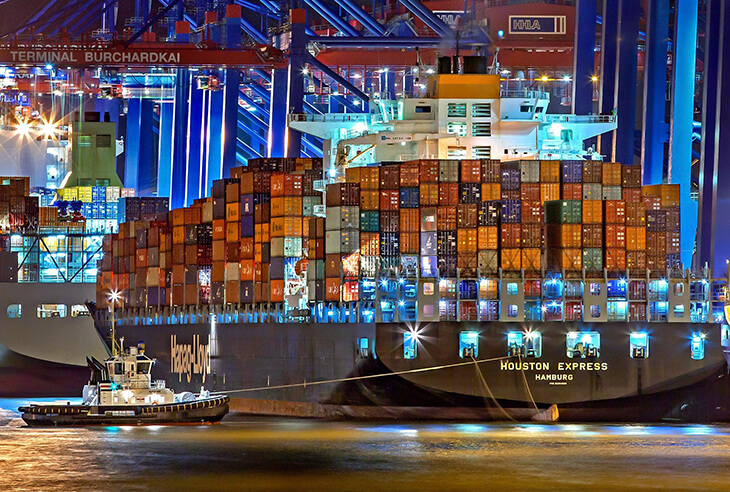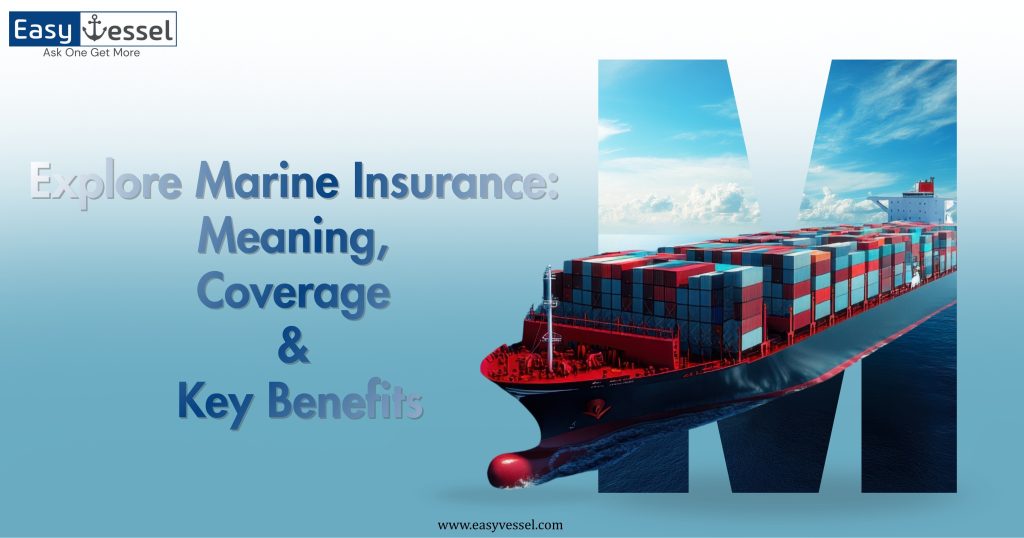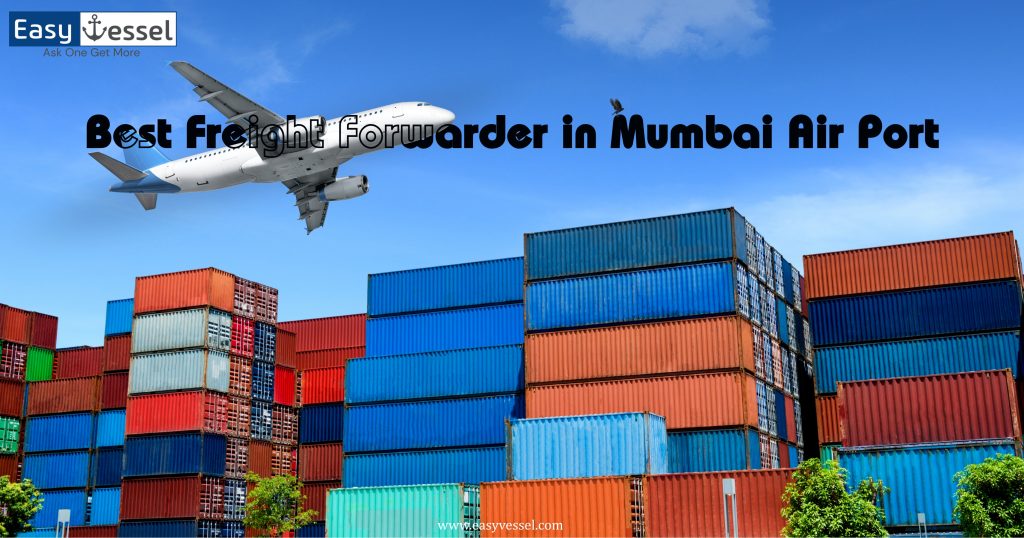Introduction:
Shipping and logistics industry plays a pivotal role in India’s economic development. However, few are aware of the untold story behind this powerhouse. In this article, we will delve into the evolution, current scenario, and future prospects of India’s shipping and logistics industry, shedding light on its remarkable contributions and the challenges it faces.
Historical Background:
To fully grasp the magnitude of the industry today, let’s take a glance back in time. The evolution of India’s shipping industry dates back to ancient civilizations when maritime trade thrived along coastal regions. As centuries passed, this industry underwent significant growth and transformation, emerging as a key player in global trade.
Current Scenario:
Fast forward to the present, and we find ourselves in the midst of a vibrant shipping and logistics industry. Serving as the backbone of the nation’s trade ecosystem, it comprises ports, shipping companies, logistics providers, and interconnected infrastructure. These elements collectively facilitate the smooth movement of goods, both domestically and internationally, contributing to economic growth and job creation.
Contribution to the Indian Economy:
It’s not just about ships and containers; the shipping and logistics industry significantly impacts the Indian economy. By generating employment across various sectors and enabling seamless trade, it acts as a catalyst for economic prosperity. Moreover, it bolsters India’s global competitiveness, leading to increased foreign exchange earnings and fostering trade relations with other nations.
Infrastructure Development:
The wheels of this industry turn smoothly due to robust infrastructure. Ports, warehousing facilities, and an efficient transport network form the backbone of the logistics ecosystem. Over the years, India has invested significantly in developing state-of-the-art infrastructure, ensuring seamless connectivity and bolstering regional growth.
Global Connectivity:
India’s strategic location places it at the crossroads of major maritime trade routes. As a result, the country has become a vital gateway for international trade. Transshipment hubs have emerged, connecting India with the global market, fostering economic ties, and opening up new avenues for growth.
Government Initiatives:
Recognizing the pivotal role of the shipping and logistics industry, the Indian government has implemented several initiatives and reforms. These forward-thinking policies aim to simplify regulations, enhance the ease of doing business, and attract investment. Consequently, the government’s proactive approach has successfully created an enabling environment for the expansion and development of the industry.
Technological Advancements:
In this era of digital transformation, the shipping and logistics sector has kept pace with technological advancements. By embracing automation, IoT, data analytics, and blockchain, the industry has unlocked new realms of efficiency and optimization. These transformative technologies have revolutionized operations, streamlining processes, and providing real-time tracking and visibility across the supply chain. As a result, the industry has witnessed a remarkable shift towards enhanced productivity and streamlined logistics management.
Challenges and Opportunities:
Like any thriving industry, the shipping and logistics sectors faces its share of challenges. Inadequate infrastructure, logistical inefficiencies, and complex regulatory procedures pose obstacles. Nevertheless, these challenges pave the way for unprecedented opportunities, igniting the flames of innovation and driving continuous improvement.
Sustainability and Environmental Considerations:
Amidst the growth and expansion, the shipping and logistics industry is keenly aware of its ecological impact. Notably, sustainability and environmental considerations have garnered significant attention. With a strong commitment to preserving the planet, the industry is actively embracing eco-friendly practices, exploring cleaner fuels, and implementing measures to reduce carbon emissions. By prioritizing sustainability, the industry not only addresses environmental concerns but also contributes to a greener future for generations to come.
Future Prospects:
Looking ahead, the future of India’s shipping and logistics industry appears promising. With increasing trade volumes, ongoing infrastructure development, favorable government policies, and technological advancements, the industry is poised for sustained growth. Emerging trends such as e-commerce, supply chain digitization, and last-mile delivery optimization open new horizons for innovation and expansion.
Conclusion:
In conclusion, India’s shipping and logistics industry is a force to be reckoned with. Revealing its untold story, the shipping and logistics sector embarks on a remarkable journey, tracing its roots from ancient maritime trade to its pivotal role in the modern global trade machinery. With its substantial contributions to employment, trade facilitation, infrastructure development, and global connectivity, the industry now stands on the brink of a promising future. By overcoming challenges, embracing technology, and prioritizing sustainability, India’s shipping and logistics industry is poised to unlock its full potential and continue propelling the nation’s economic growth. By overcoming challenges, embracing technology, and prioritizing sustainability, India’s shipping and logistics sector will further unleash its power and continue propelling the nation’s economic growth.
FAQs:
- How does the shipping and logistics industry contribute to India’s economy?
The shipping and logistics industry contributes to the Indian economy by generating employment opportunities, facilitating trade, and earning foreign exchange through international shipping services and cargo handling activities.
- What are the key challenges faced by the shipping and logistics industry in India?
The industry faces challenges such as inadequate infrastructure, logistical inefficiencies, complex regulations, and high operational costs. Yet, these challenges breed boundless opportunities, fueling innovation and fostering constant improvement.
- How is the Indian government supporting the shipping and logistics industry?
Moreover, the Indian government has implemented policies and reforms to promote the growth of the shipping and logistics industry. These strategic initiatives specifically focus on easing regulations, improving the ease of doing business, and attracting investment. By fostering a favorable business climate, the government is actively supporting the industry’s expansion and development, driving innovation, competitiveness, and economic prosperity.
- What role does technology play in the shipping and logistics industry?
Indeed, technology plays a significant role in the shipping and logistics industry, revolutionizing operations, enhancing efficiency, and providing unprecedented visibility across the supply chain. By embracing automation, Internet of Things (IoT), data analytics, and blockchain, businesses in the shipping and logistics sector unlock new realms of potential, streamlining processes, leveraging valuable insights, and staying ahead in a competitive landscape. As a result, these transformative technologies pave the way for a more efficient, transparent, and interconnected future.
- What is the future outlook for India’s shipping and logistics industry?
The future outlook for the industry is promising, with increasing trade volumes, infrastructure development projects, favourable government policies, and technological advancements. Emerging trends such as e-commerce and supply chain digitization offer opportunities for growth and innovation.



